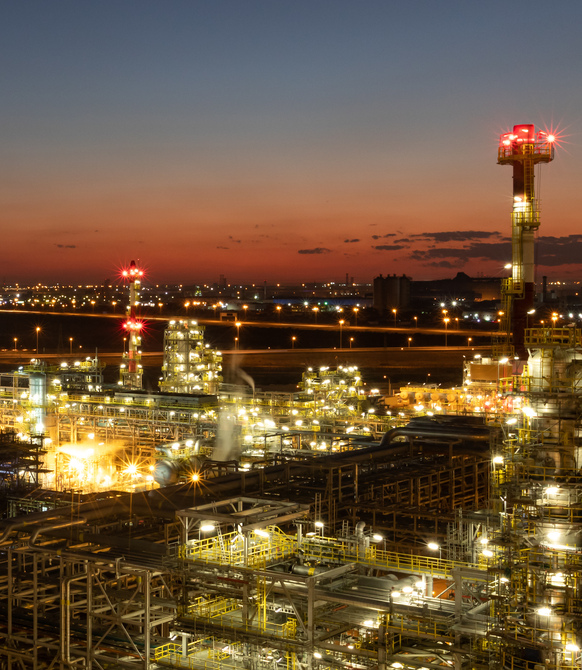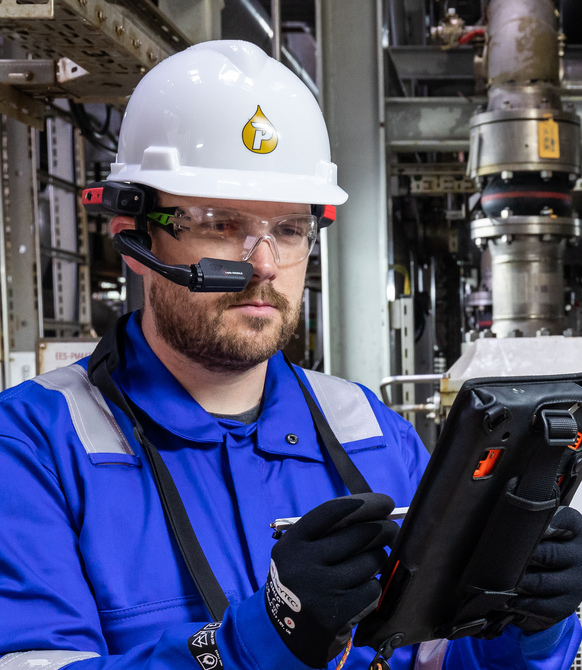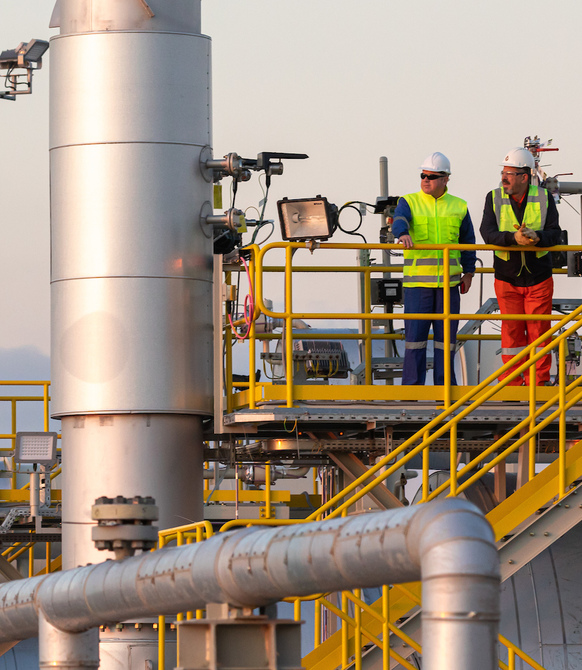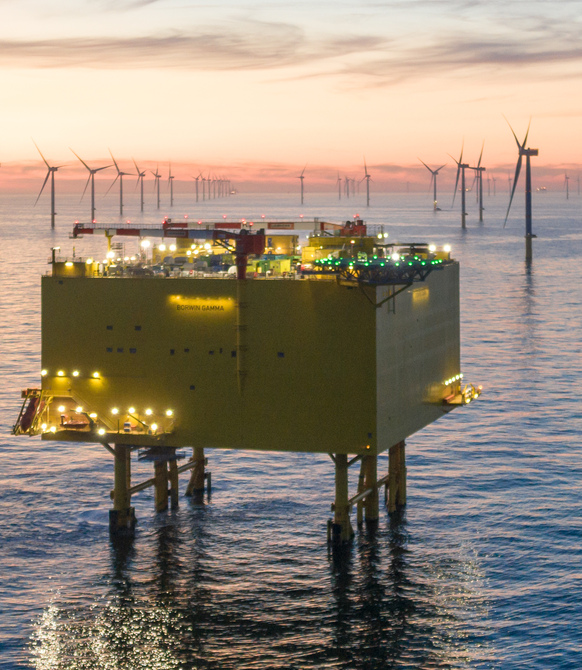How the energy trilemma is playing out in Australia
Wherever you go in today’s energy world, one phrase you keep encountering is the “energy trilemma” – with companies, industries and countries, all seeking to find the best long-term balance between energy security, energy affordability, and energy sustainability.
What’s interesting to me is the differences in approach, nationally and regionally. The fact is, every country and region is weighing up those same three themes – of energy affordability, sustainability and security – according to their own circumstances. This feeds directly through to the policies being pursued, the investments being made and, ultimately, the skills and services that are required from an energy services business like Petrofac.
In Europe, for example, there has been a scramble to invest in LNG capacity, and to accelerate the shift to renewables. In the USA, the scene has been dominated by a raft of recent legislation, like the Infrastructure Act and the Inflation Reduction Act, accompanied by a US$2trn investment, which are intended to reindustrialise left-behind regions, reduce the reliance on certain imports, and significantly ramp-up emissions reductions. And, in India, it’s more a matter of enabling industrial and economic growth while, at the same time, reducing the dependency on imported oil and edging towards a 2070 net-zero target.
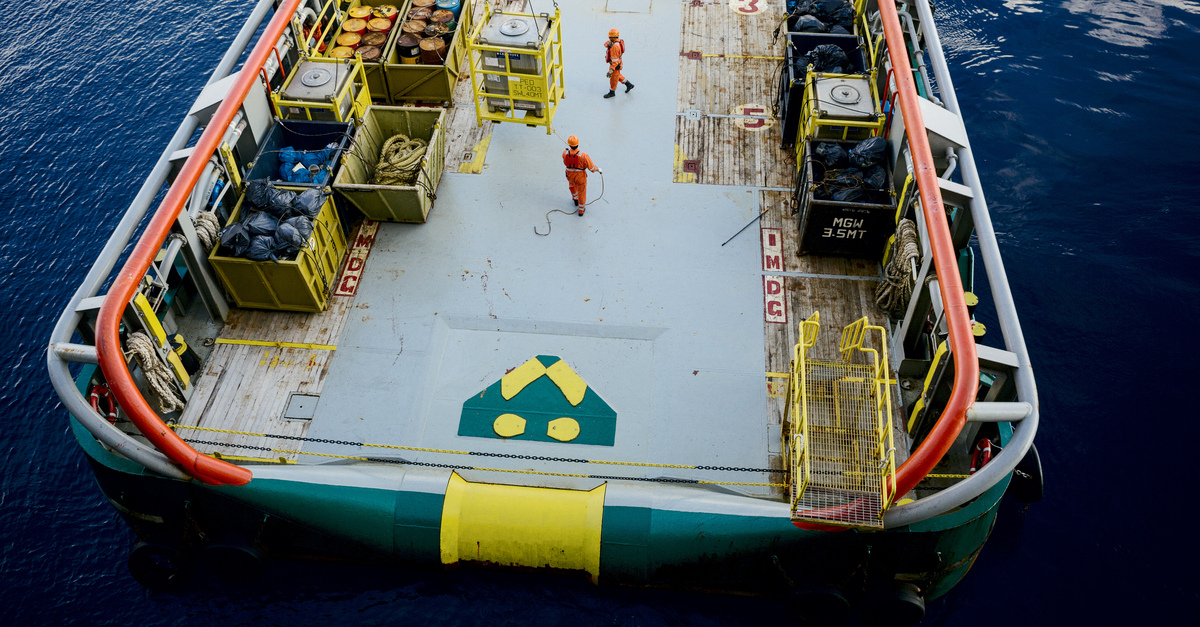
So, what about Australia? How is the energy trilemma playing out down under? And what does that mean for an ambitious service provider like Petrofac that’s keen to play a bigger role in the country’s dynamic energy business?
I would break things down into three main considerations:
Consideration #1 – Australia’s energy ecosystem is remarkably well-balanced
Some people may not think that Australia has a progressive approach to energy policy. In fact, when it comes to balancing the energy trilemma, we’re a world leader. Every year, the World Energy Council produces its authoritative Energy Trilemma Index, and Australia always ranks within the top-fifteen countries worldwide and the top-two in the Asia Pacific region.[1]
As in Europe, we are seeing a real focus on continued gas production to ensure domestic supply, resulting in a reliable and affordable energy source. This ticks two of the energy trilemma boxes and, to tick the third, we’re also seeing an increased focus on lower-carbon alternatives.
Consideration #2 – Australia is setting the global pace on several aspects of the global energy transition
Proportionally speaking, Australia was never that affluent with hydrocarbons. Although we have 5% of the world’s land mass,[2] we only ever had 0.2% of its oil reserves,[3] and crude oil production fell by an estimated 43% between 2020 and 2022.[4]
By contrast, we do have intense sun, strong winds, a long coastline, and an energy mindset, so the country is poised to be a strong player in new energies. Some of the most interesting projects in our global energy transition portfolio are happening right here in Australia. One that we’re very excited about is a pre-FEED contract with Hexagon Energy Materials for its low-emissions ammonia facility in Pilbara, a remote area of Western Australia.
The facility will be home to Hexagon’s flagship WAH2 project which aims to meet the rising demand for low-emissions ammonia. This reflects one of the takeouts from the 2024 Energy Trilemma Index, which said: “Australia aims to leverage its abundant resources and proximity to the Asian market to become a hydrogen-exporting country.” [5]
Consideration #3 – Australia’s experience with decommissioning has important lessons for other less mature regions
An inevitable consequence of the transition to new, low-carbon energy assets is the need to decommission older, more carbon-intensive assets – a task which, by its very nature, can be high-hazard, high-risk and high-cost.
Given its mature asset base, with much of the offshore infrastructure reaching – or exceeding – the end of its operational life, this is the area where, once again, Australia has an opportunity to become a global leader. The fact is, many other oil producing regions will follow this same trajectory. They too will have a requirement to decommission ageing assets in a safe, environmentally sensitive way. And they will be looking for the type of skills, techniques and risk-mitigation models being developed right here in Australia.
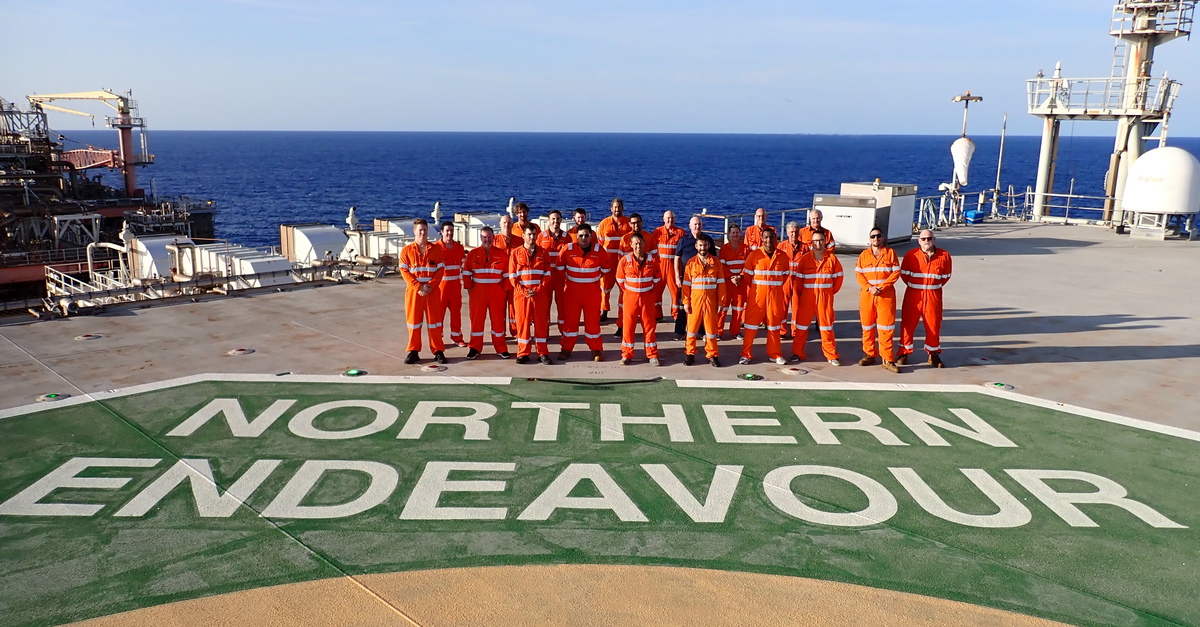
So, what does it mean for an energy services business like Petrofac?
At Petrofac, we have defined a very straightforward purpose: we are here to enable our clients meet the world’s changing energy needs.
So, we’re not here to dictate terms nor to impose any self-serving ambitions. Instead, we are here to supply the very skills our clients need, at the precise time and in the exact way they need them.
That means we’re proud to offer clients like Hexagon our hydrogen know-how and gas-handling skills. It also means we’re proud to be at the forefront of an era of decommissioning in the nation’s offshore oil and gas sector as Outsourced Operator for Phase 1 decommissioning and disconnection of the ageing Northern Endeavour Floating Production, Storage and Offloading (FPSO) oil production vessel on behalf of the Australian Government.
I think another relevant point is our way of working. We want to be part of the local energy scene, and not simply the representative office for a remote international corporation. So, wherever possible, we aim to build a local skills base and work with locally based supply chain partners.
That’s something we are already doing with the Northern Endeavour assignment, where we have more than 80 suppliers, all of which are critical to success. Our focus is, first and foremost, to work with the local supply chain. But, where the services do not exist locally or are overstretched, we look to supplement and complement local capabilities with global suppliers. So, we are also attracting some new suppliers to the Australian market – companies who we already know and trust, who we believe will be a good fit for the local market, and who are also committed to extending local capacity and expertise.
[1] World Energy Council, World Energy Trilemma 2024, 2024
[2] Australian Government, Geoscience Australia, Australia's size compared, 2023
[3] Australian Government, Department of the Environment & Energy, Liquid Fuel Security Review, 2019
[4] International Energy Agency, Where does Australia get its oil?, 2023


